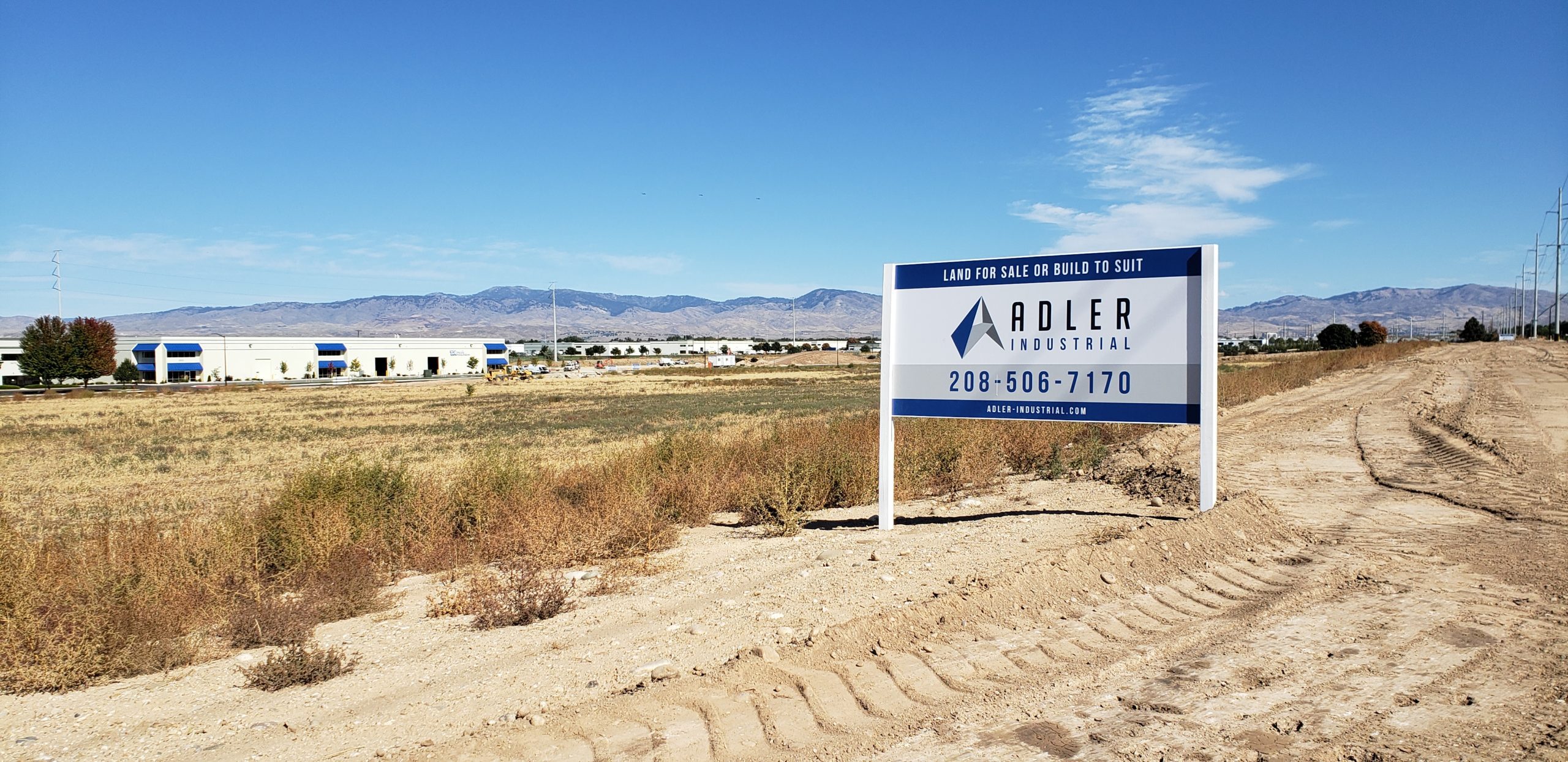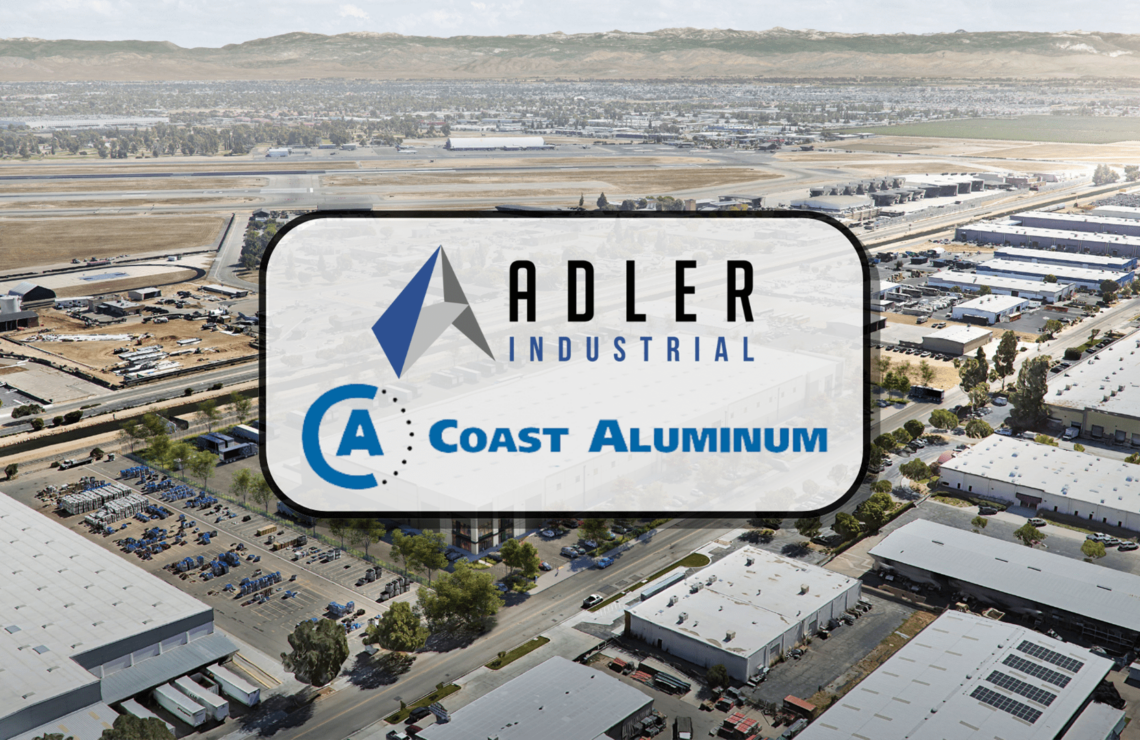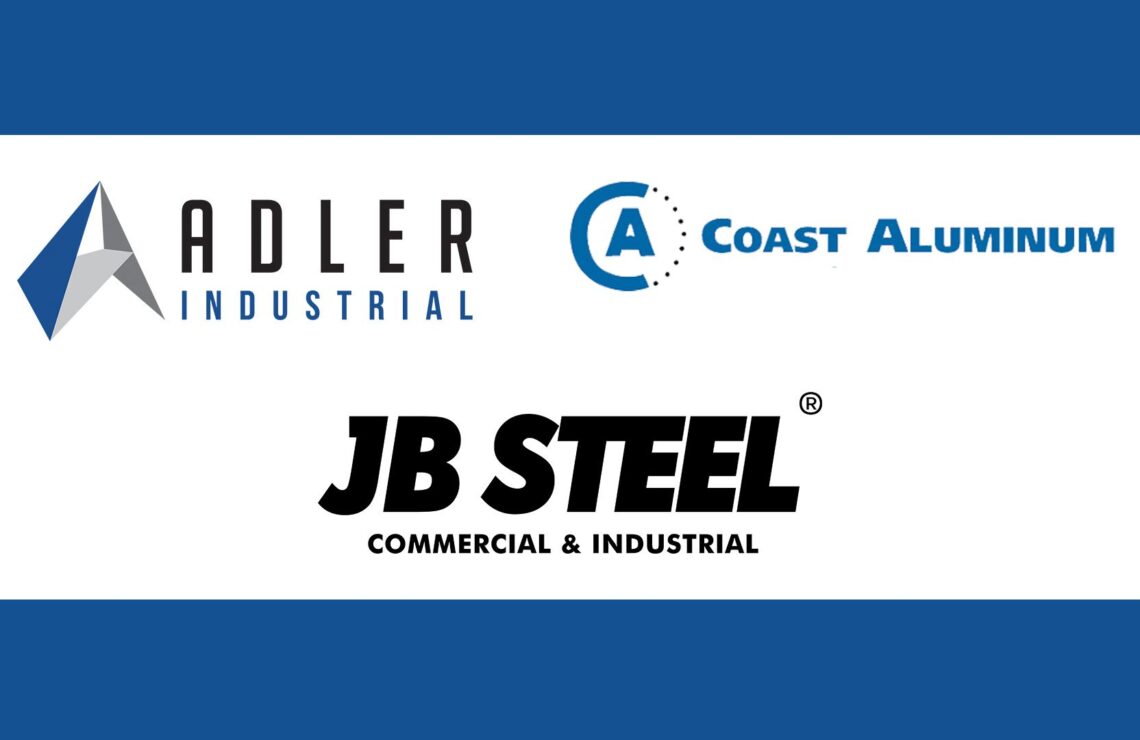Demand for space from new and expanding industrial tenants is keeping developers busy in the Treasure Valley.
The reasons for the growth are a well-told story: Idaho is a great location for warehouse operations that can easily reach nearly all of the West. And the entire state’s business environment is friendly by just about any measure.
Enter Adler Industrial, which is looking to add to the universe of space for businesses already here or looking to enter the market.
Adler acquired one of the largest industrial portfolios in Idaho in May from the Van Auker Companies, a Valley staple for over 60 years.
The 80-property portfolio totals more than 2 million square feet, and includes roughly 400 acres of land for future development across the Treasure Valley. Adler Industrial teamed with an undisclosed institutional equity partner on the purchase, while Invesco Real Estate provided financing for owner Mike Adler, president of the firm, who wanted to take his development career into a new direction.
“One of the most interesting things about the industrial sector is learning about other people’s businesses,” said Adler of the diverse tenant mix.
He began moving into the industrial sector about seven years ago, selling select buildings in his Alder Realty Investment portfolio in 10 states to fund his move into a different commercial real estate sector.
“I still have a pretty large portfolio of office and retail properties and some multifamily in other markets,” said Alder.
To meet the demand from local companies and newcomers, the real estate management and development firm is teeing up on construction of 300,000 to 400,000 square feet of industrial space in the next 12 months – or about nearly one half of the 800,000 square feet of space coming onto the market.
The firm recently broke ground on a 75,000-square-foot Class A spec building at Franklin and Eagle roads. Located just east of R.C. Willey, the $4 million project dovetails with Adler’s strategy of building close to major arterials and freeways, not up against housing.
The new property will come on line in May 2020.
Adler said the new buildings will give tenants spaces that are more functional, more interesting from a design perspective and energy efficient. He said Adler will sell off some of the company’s non-core buildings — defined as aging structures that are better suited to owner-users — to fund the local expansion.
“Right now we have FedEx, UPS, Amazon.com and Mission Foods,” said Adler managing director Brad Miller, a former Van Auker executive who transitioned to Adler when the company was acquired. “We have 150,000 pounds of sugar stored by (tenant) Amalgamated. We even have Ben and Jerry’s (as a tenant).”
Miller says demand for industrial space in western Idaho is driven largely by the organic growth of existing companies as well as the steady stream of companies moving to business-friendly Idaho from California and other states that are less welcoming.
The company works with the Valley’s top commercial brokerages: Colliers International, Cushman & Wakefield, Thornton Oliver Keller, and Lee & Associates. Many have clients operating in cramped locations who are looking to move once space is available for their warehousing, distribution and manufacturing businesses.
Miller said industrial developers today design most of their biggest new buildings with e-commerce users in mind. Those buildings typically need more employee parking than traditional distribution users — especially when they staff up for busy holiday seasons — and they usually require more robust electrical service to drive conveyors and other equipment. E-commerce buildings typically also are a bit taller — 36- or 40-foot clear heights rather than the 32 feet common in other new industrial buildings — and the additional height places greater demand on fire-suppression systems.
Adler notes that the face of industrial development also is changing as some companies that traditionally leased office space now look instead to occupy lower-cost industrial spaces that provide substantial flexibility in their operations.
Along with the costs of land, construction and financing, industrial developers also keep close watch on bigger issues.
A critical issue for industrial developers, Adler says, is maintenance of the quality of life that allows their industrial tenants to attract and retain workers. That means, he says, that developers have a strong interest in community priorities ranging from good school systems to affordable housing to adequate transportation infrastructure.




